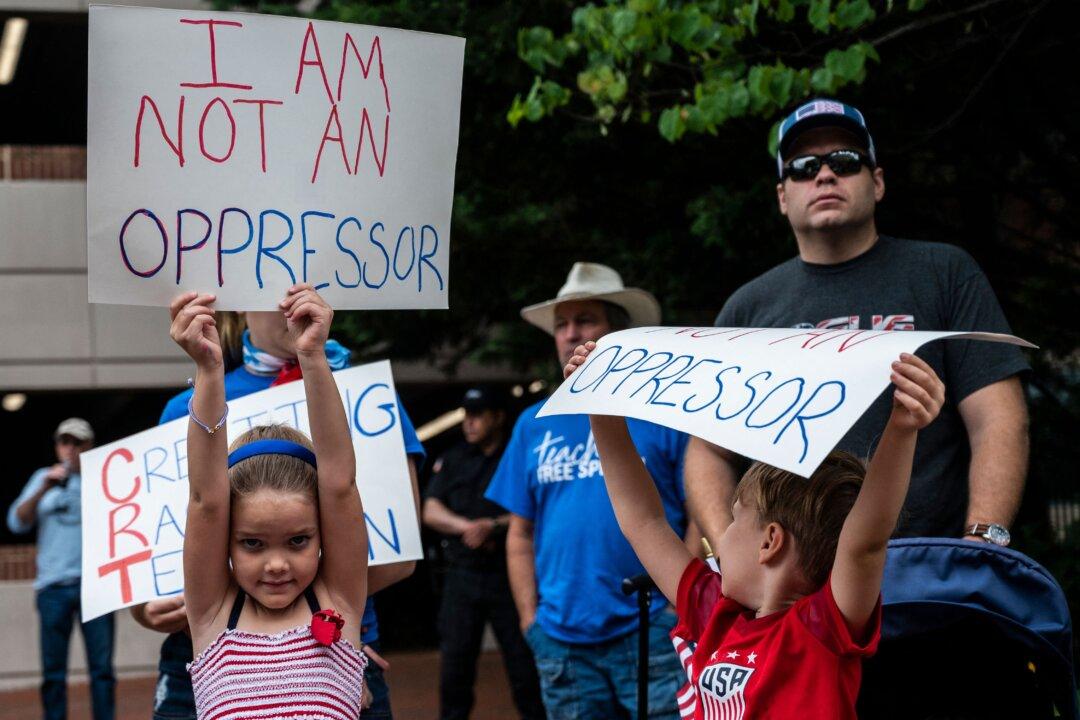A public interest law firm in Minnesota has filed a series of lawsuits on behalf of victims of critical race theory-based discrimination and retaliation as the grassroots movement against the ideology continues to grow.
“Our clients are bravely confronting CRT-inspired bullying, indoctrination, and retaliation, which is not ‘training’ or persuasion,” Doug Seaton, president of Upper Midwest Law Center (UMLC), said in a statement.





